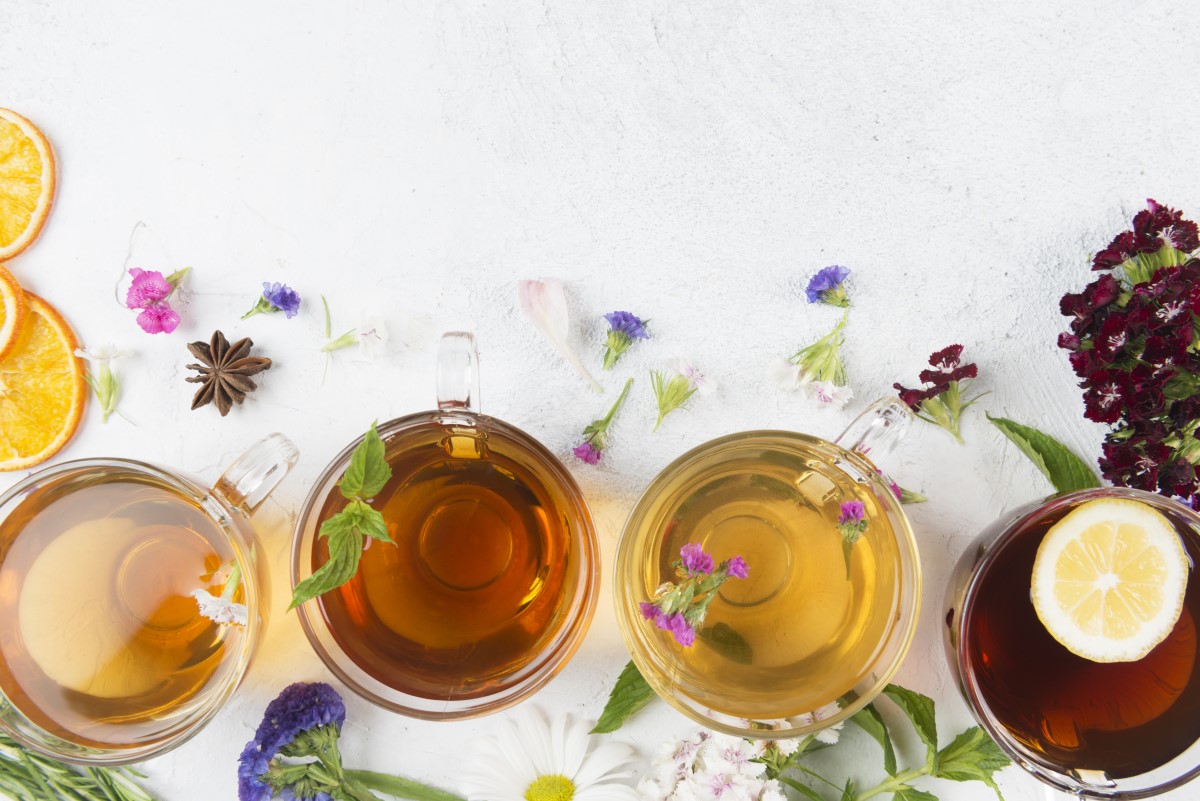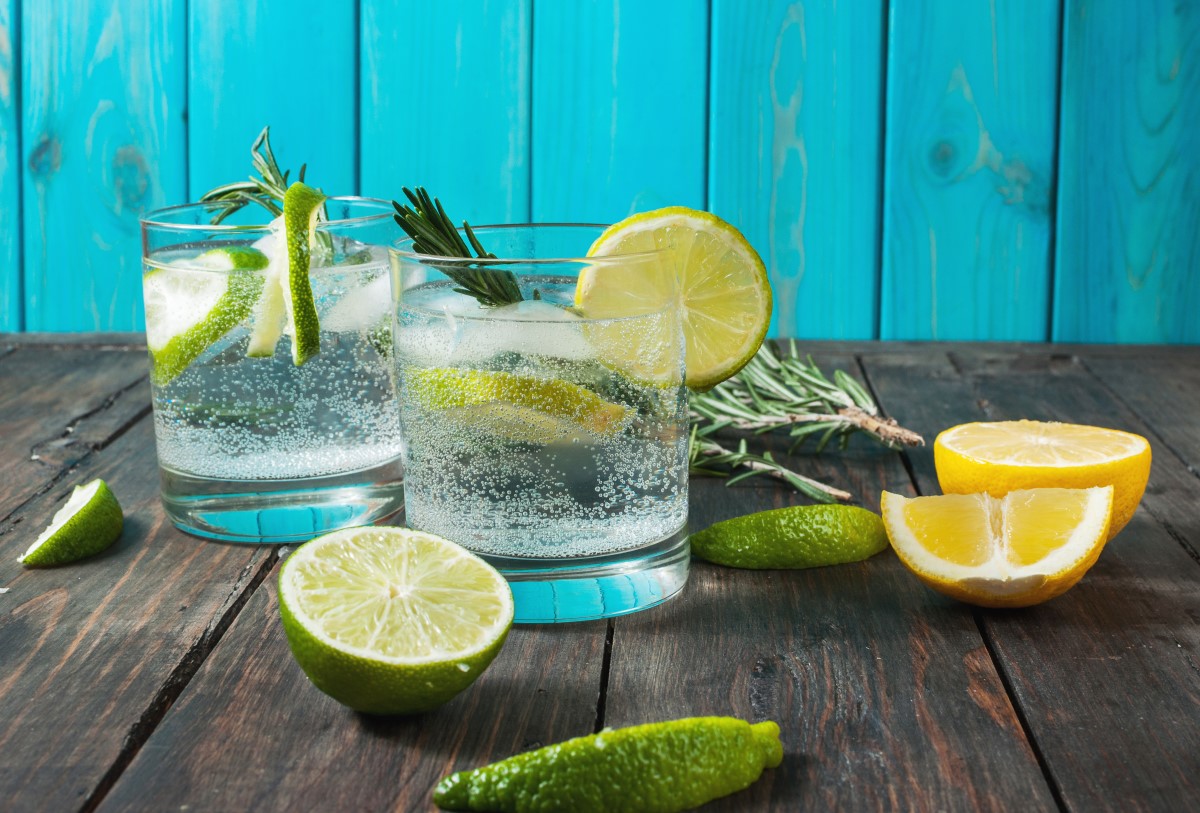
Raise a glass to the beverage market!
The soft drinks market is the world’s most innovative food sector (1). Casting a net across all of the trend forecasts, the prediction is that food trends for the next couple of years will be a combination of holistic health and self-care, with a sprinkling of indulgence, underpinned by sustainability. As life returns to a pre-pandemic lockdown pace, on-the-go convenience will resume, albeit adjusted down for those now spending more time in the home office.
The European functional beverage market is expected to grow at a CAGR of 8.25% from 2021 to 2026 (2). According to the October 2021 Food Drink Europe report (1), the five innovation drivers for food and beverage rank as follows (% 2020 vs % 2019); Pleasure (46.5% vs 48.5%), Health (31.8% vs 33.2%), Convenience (6.6% vs 7.6%), Physical (6.2% vs 5.4%), and Ethics (8.9% vs 5.2%). It is worth noting that, whilst small segments, the only two drivers to increase in 2020 were Physical, relating to slimness, cosmetic, energy and wellbeing; and, Ethics relating to solidarity and ecology.
The functional beverage market in the Middle East and Africa is expected to grow at a CAGR of 8.87%, during the forecast period, 2020-2025. Concerns over diabetes and immune health are likely to see a rise in reduced-sugar beverages and probiotic products. (3)
So, Better for Me, Better for the Planet, is the key message, underpinned by Pleasure – where pleasure translates to incorporating a variety of senses, sophistication, and derived from nature (1).

The sweet taste of self-care
Consumers are being given more information about the health components of the food that they purchase. Many EMEA (Europe, Middle East, and Africa) markets are adopting, mostly voluntary, colour-coded and user-friendly front-of-pack labelling, such as Nutri-Score. Promotions on food and drinks high in fat, sugar and salt (HFSS) in medium to large UK retailers will be restricted from October 2022. These measures serve to assist consumers in making better health choices.
Driven by Covid-related health concerns, and facilitated by front-of-pack information, the Mindful Nutritionist is seeking out self-care beverage products that they know are both better for them (low sugar, natural-origin, allergen-free) and also deliver a noticeable boost in terms of improved mood, better sleep quality, more energy and focus, and better skin and hair.
Teas and infusions, with a focus on the mental health side of self-care, are in the ascendency as their clean label credentials offer guilt-free pleasure. Bold flavours are in the spotlight due to the large swathes of people who have suffered the loss of taste and smell due to Covid.
The formulation of the sweet spot for self-care beverages relies on having an ingredient partner that can identify the optimal combination of natural flavours, sweetening systems, functional health ingredients and texturisers to deliver the self-care agenda. Recent sugar reduction innovation has produced sweetening systems that utilise more refined stevia extracts and sugar alcohols, as well as the highly label-friendly cereal and dried fruit extracts. Then there are the soluble dual-purpose prebiotic fibres, such as fructooligosaccharides (FOS) (c30-65% sweetness vs sugar) that are derived from various produce such as chicory, and the slightly sweet galacto-oligosaccharides (GOS) derived from lactose in cow’s milk.
For fat reduction strategies in beverages, formulators can cut calories whilst maintaining mouthfeel by turning to ingredients such as maltodextrins from maize, and potato and tapioca starches.
Drinks that punch above their weight – holistic self-care
Demand for products supporting the immune system, leading to the inclusion of vitamin C and zinc, has jumped in Europe with half of the consumers having claimed to have started taking vitamins and minerals that support immune health (4).
The water and soft drinks categories continue to push the boundaries in terms of ingredient formulations to meet, and lead, consumer preferences. There has been an intriguing array of ingredients and processes entering the healthy soft drinks market in recent years. Think about fermented products such as kombucha, which is derived from tea, sugar, bacteria and yeast, via a process similar to brewing; it is low in sugar but high in probiotics, purporting to deliver a wide variety of health benefits. Or the inclusion of adaptogens, which are natural ingredients that allow the body to adapt to stress; some of the most popular adaptogens include ginseng, ashwagandha and reishi (a medicinal mushroom). Again, holistic immune health is the main aim.
More is being discovered about the significant effects of the gut microbiome on holistic health. Prebiotics are being shown to stimulate immune health through feeding, and therefore increasing, the number of beneficial gut microbes, or probiotics, resulting in an increase in anti-inflammatory cytokines (small proteins involved in cell signalling) (5). Offering consumers easy ways to boost fibre intake and therefore gut health, by the inclusion of soluble fibres such as inulin, FOS or GOS, in beverage products, is one way to attract the Mindful Nutritionist who is looking to improve their immune health.
Mindful Nutritionists of all ages are recognising the value of everyday opportunities to boost their nutrition regime; making every sip count.

Discuss immune health in beverages with our technical team
Targeted self-care
“The improper and inadequate nutrition intake through diet has put the elderly at a marked risk of PEM (Protein Energy Malnutrition), affecting about 23-60% of elderly” (6). It is now possible to create protein beverages, that would benefit the health and wellbeing of specific customer groups, including growing children and the elderly, as well as having a wider appeal.
In terms of product formulation, there is almost unlimited scope for new taste and texture combinations, so the challenge is to develop these whilst hitting those natural and low/no-sugar targets, and offering optimal nutrient density; making every sip count.
The protein content of beverage products can be boosted by whey proteins, particularly popular in sport recovery drinks, whilst pulse and wheat proteins will appeal to plant-based consumers.
Discuss formulating for Mindful Nutritionist in beverages with our technical team

Discuss sustainable ingredients with our technical team
Sustainability – ingredient sourcing to process efficiencies
It is not a surprise that innovation is rapid in the beverage market. Alternatives to alcohol, in the form of adult soft drinks, require sophisticated organoleptic properties, and therefore innovative ingredients and processes. The shifting health agenda is presenting opportunities and challenges at each turn.
Sourcing ingredients from sustainable and equitable sources is becoming the way we do business and will be key to tackling food insecurity. In terms of processes, carefully chosen ingredients can improve process efficiencies and product quality; take natural enzymes, for example, that can improve fermentation and filtration processes, leading to improved yield, clarity and stability in juice production, thereby reducing production losses and food waste. Furthermore, since enzymes are typically classified as a processing aid, it is not required to include them in the ingredient declaration, keeping that all-important label clean.
At every stage of the formulation process, well-chosen ingredients can contribute to better health, a clean label, and, a reduced environmental footprint…the ultimate clean conscience.
Discover wellness: formulating for healthy nutrition
Explore
References
- https://www.fooddrinkeurope.eu/wp-content/uploads/2021/11/FoodDrinkEurope-Data-Trends-2021-digital.pdf
- https://www.technavio.com/report/functional-beverage-market-industry-in-europe-analysis?utm_source=prnewswire&utm_medium=pressrelease&utm_campaign=T17_DSG_abstract_wk8_2022_004_report&utm_content=IRTNTR72496
- https://www.mordorintelligence.com/industry-reports/middle-east-and-africa-functional-beverage-market
- https://www.mintel.com/blog/drink-market-news/3-drink-trends-to-watch-out-for-in-2022
- Effects of prebiotics on immune system and cytokine expression - PubMed (nih.gov)
- https://www.ncbi.nlm.nih.gov/pmc/articles/PMC6971894/



 EMEA
EMEA Latin America
Latin America North America
North America Asia
Asia